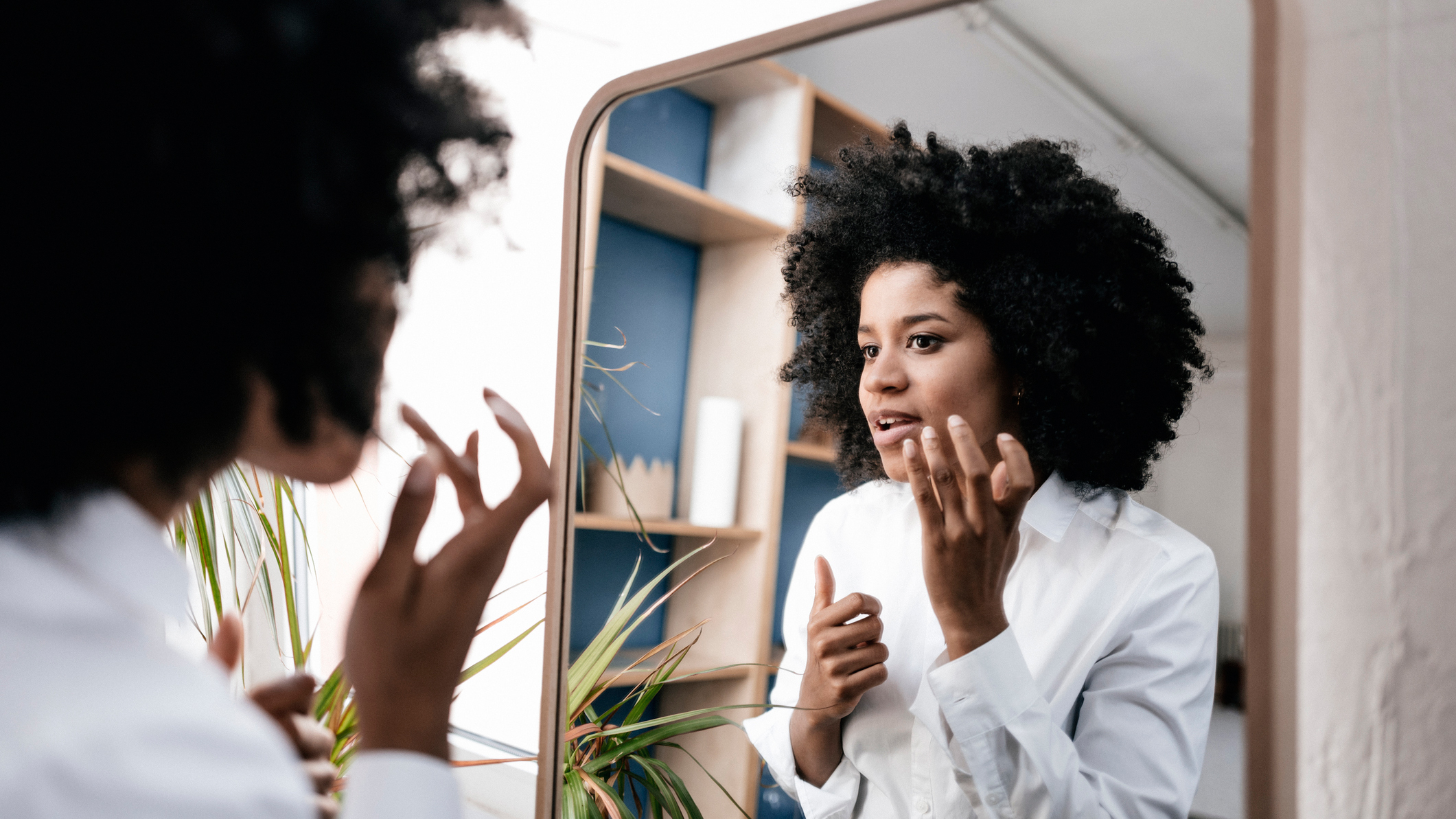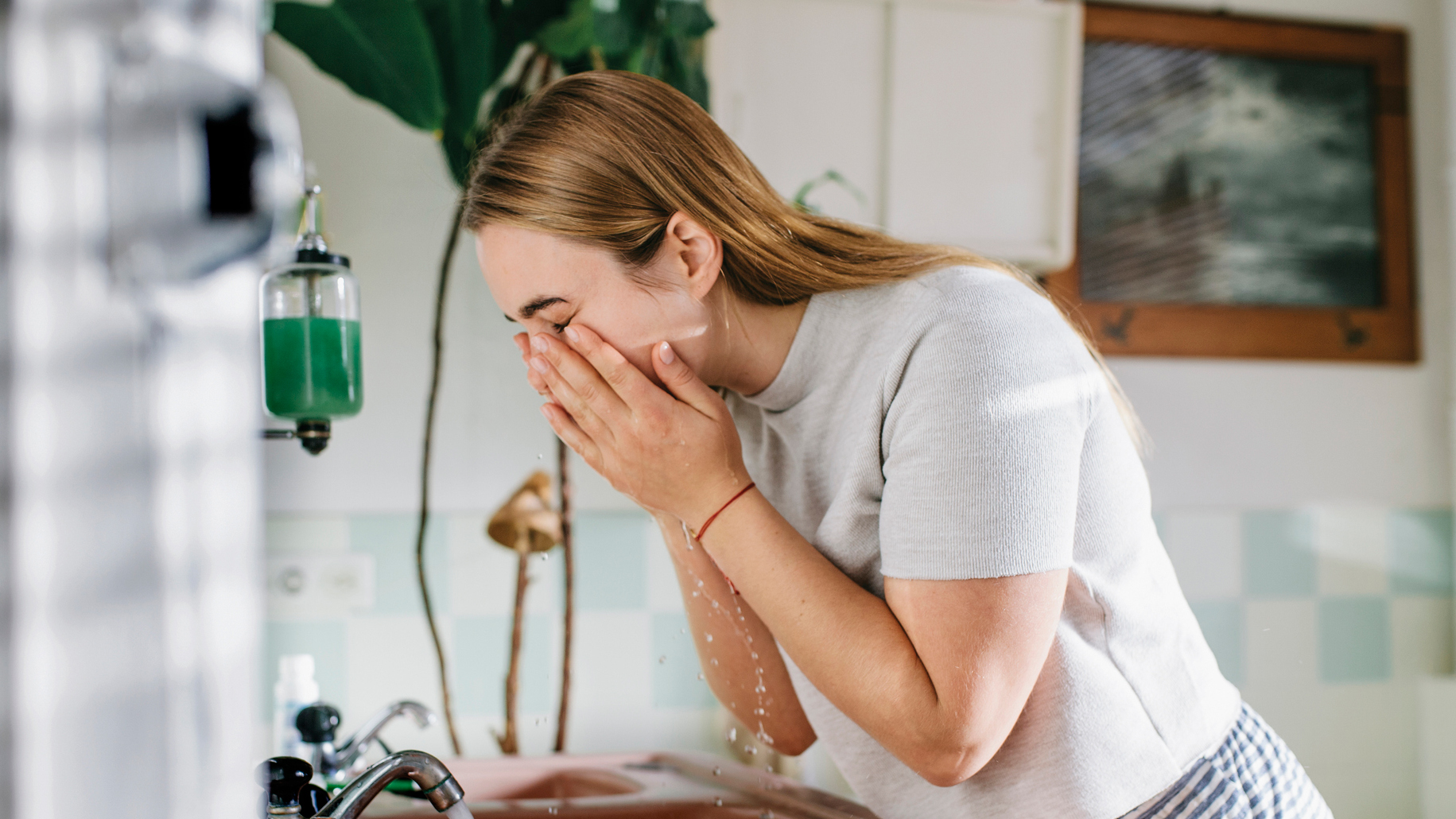Do collagen supplements really give you better skin?
Collagen and other vitamins have science to recommend them, as one study proves they benefit skin hydration and elasticity


Start your week with achievable workout ideas, health tips and wellbeing advice in your inbox.
You are now subscribed
Your newsletter sign-up was successful
If you're looking for ways to get better skin, there's tons of products out there that claim to work miracles. Cleansers, toners, skin creams, supplements... all very popular ways for people to keep their skin and hair looking great.
However, there's not always a lot of scientific evidence that these products really work beyond the usual advice of staying hydrated (with one of our best water bottles), a healthy diet and getting a good night's sleep with properly adjusted circadian rhythms (helped with one of our best sunrise alarm clocks, which can promote healthy sleep).
However, collagen supplements, a pill or drink which allegedly helps the skin stay hydrated, elastic and contributes to better skin health, has some scientific recommendation. A study by German researchers, published in the journal Nutrients, looked at whether drinks with 2.5g of added collagen, along with other beneficial properties like added vitamins C and E, would improve the health of participants' skin.

The study examined 72 healthy women aged 35 years or older. Tested against a placebo, the study found that twelve weeks of drinking the supplement showed "statistically significant" increases of "significantly improved skin hydration, elasticity, roughness, and density".
After 12 weeks, skin hydration had increased by an average of 28%, while skin roughness improved by up to 41%. It's a clear indicator that additional supplements, especially vitamins and collagen, really benefit the skin.
What is collagen, and how does it help your skin?
Collagen is a protein in the body, found in bones, hair, muscle, skin and cartilage. It's naturally made by the body, and helps to stop your skin sagging or creasing with age.
However, as you age, your production of collagen begins to decrease, which is why we get wrinkles, bags under our eyes, saggy skin, thinner hair and other signs of ageing. Taking additional collagen can support this natural collagen production. Vitamin C also stimulates the body's natural collagen production, while B vitamins can decrease feelings of fatigue, create new blood cells and help maintain healthy skin.
Start your week with achievable workout ideas, health tips and wellbeing advice in your inbox.
Otherwise, one of the most important ways to maintain healthy skin is to drink plenty of water, as proper hydration will maintain your skin's elasticity.
Matt Evans is an experienced health and fitness journalist and is currently Fitness and Wellbeing Editor at TechRadar, covering all things exercise and nutrition on Fit&Well's tech-focused sister site. Matt originally discovered exercise through martial arts: he holds a black belt in Karate and remains a keen runner, gym-goer, and infrequent yogi. His top fitness tip? Stretch.
